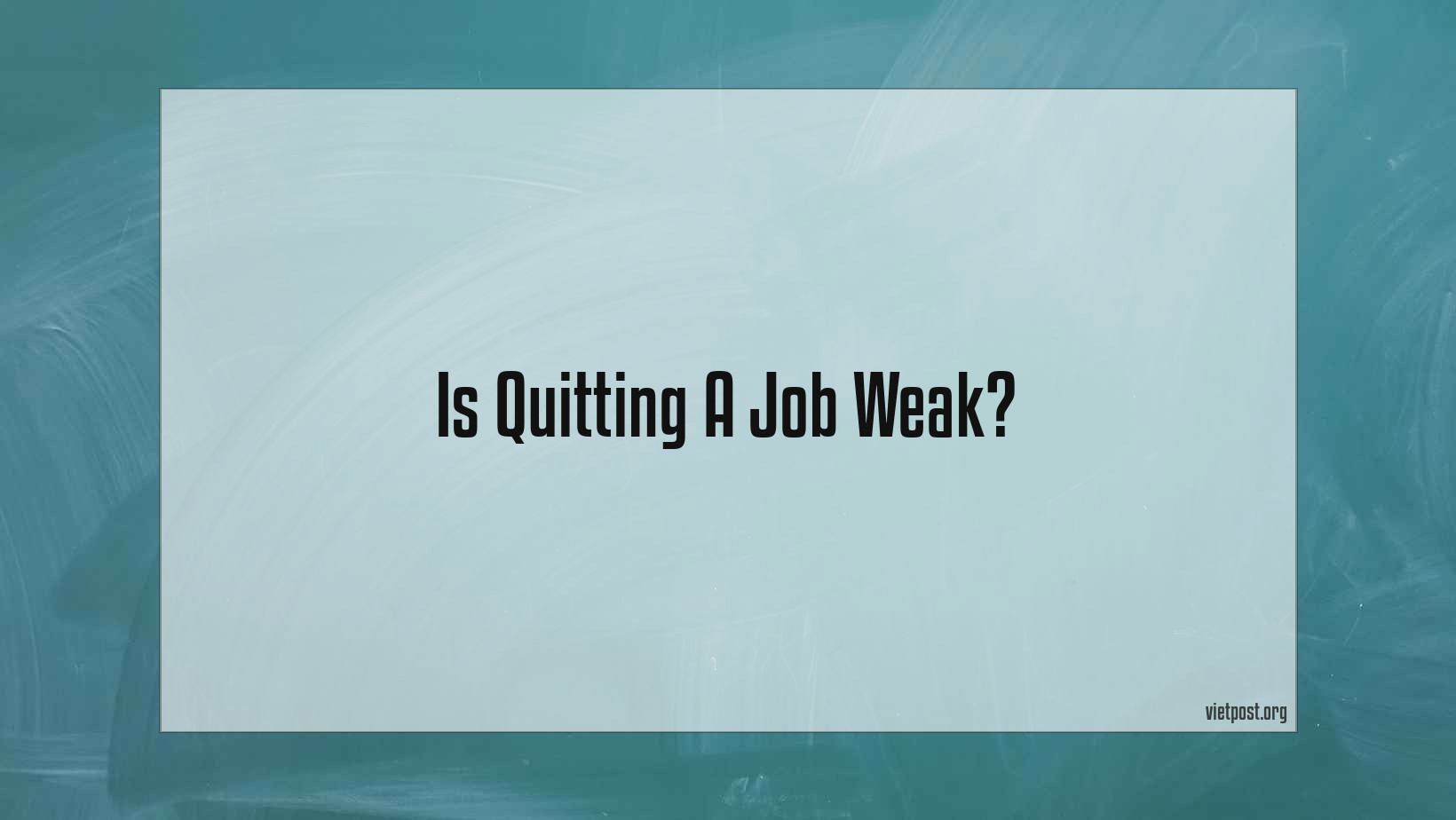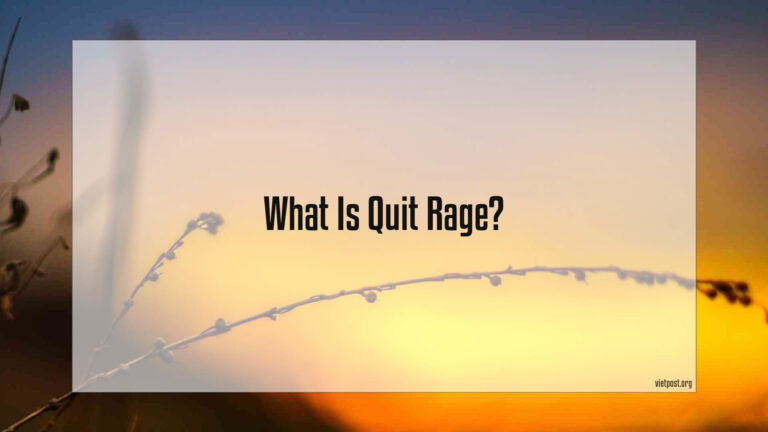Is Quitting A Job Weak?
No, quitting a job is not weak.
No, quitting a job is not weak. In fact, it can be quite difficult and takes a lot of strength. Sometimes people need to quit a job because it’s not a good fit, they’re not happy, or they’re facing other challenges in their life. Other times, people need to quit a job because it’s a toxic environment or they’re being mistreated. Whatever the reason, quitting a job is not weak. It’s a decision that takes a lot of thought and consideration, and it’s not something that should be taken lightly.
What Are The Consequences Of Quitting A Job?
The consequences of quitting a job are losing your income, your benefits, and your job.

The consequences of quitting a job can be both positive and negative. On the positive side, quitting can lead to increased free time, less stress, and the ability to find a new job that is a better fit. On the negative side, quitting can lead to a loss of income, health insurance, and retirement benefits. It can also be difficult to find a new job, especially in today’s economy.
For example, let’s say you quit your job as a marketing manager at a large company. On the positive side, you now have more free time to spend with your family and friends. You also have less stress because you no longer have to deal with the pressures of your previous job. On the negative side, you have lost your income, health insurance, and retirement benefits. You may also find it difficult to find a new job that is a good fit for your skills and experience.
Is It Ever Acceptable To Quit A Job?
No.
It’s a common question with no easy answer:
Is it ever acceptable to quit a job?
The answer, of course, depends on your situation. Here are a few factors to consider before making the decision to quit your job.
1.
Are you in an abusive situation?
If you’re facing physical, emotional, or sexual abuse at work, it’s time to get out. No job is worth your safety or wellbeing.
2.
Is your job affecting your health?
If your job is causing you physical or mental health problems, it may be time to move on. If your job is making you so stressed that you’re constantly sick, it’s not worth it.
3.
Are you in a dead-end job?
If you feel like you’re stuck in a job with no opportunity for growth or advancement, it may be time to start looking for something new. A dead-end job can be frustrating and depressing, so it’s important to find one that challenges and motivates you.
4.
Do you hate your job?
If you dread going to work every day, it’s probably time to find a new job. Life is too short to spend it doing something you hate.
5.
Are you being discriminated against?
If you’re facing discrimination at work based on your race, religion, gender, or sexuality, it’s time to find a new job. You deserve to work in a place where you’re respected and treated fairly.
Making the decision to quit your job is never easy. But if you’re in a situation that is abusive, unhealthy, or simply unhappy, it may be time to move on.
FAQ
When Is The Best Time To Quit A Job?
How Can I Quit A Job Without Burning Bridges?
Hopefully, you are clear now. If you still have any questions about quitting a job, feel free to comment below.







